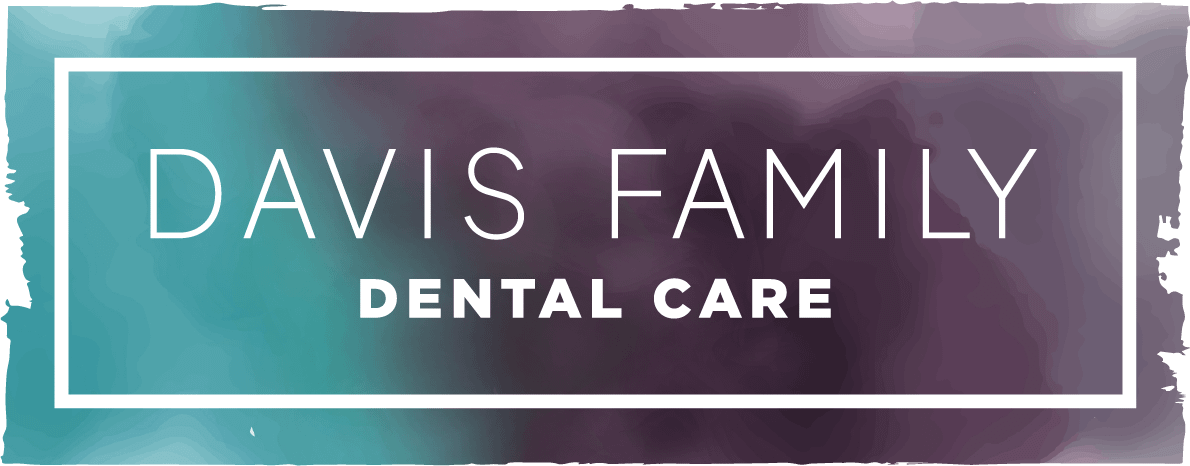Is Your Headache a Sign of TMJ Disorder?

Relieving Discomfort in the Temporomandibular Joint
Does your typical day involve taking over-the-counter (OTC) pain relievers to cope with your daily headache? If you’re experiencing chronic headaches coupled with discomfort in your neck and jaw, you could be experiencing symptoms of an undiagnosed TMJ (temporomandibular joint) disorder.
When left untreated, TMJ disorders can disrupt your life in more ways than one. It not only causes headaches, but it can also lead to jaw pain, muscle tension, and tooth damage.
Here’s what you should know about TMJ disorders and their effects.
What is a TMJ disorder?
TMJ disorders, also known as TMJDs or TMDs, are disorders that impact the TMJ itself as well as the muscles and nerves surrounding the face and jaw. TMJDs can be caused by bruxism, dislocation, arthritis, trauma, malocclusion, and even chronic stress.
What are the symptoms of a TMJ disorder?
TMJ disorders can cause a variety of symptoms, and the severity of those symptoms can range from barely noticeable to debilitating.
You may have a TMJ disorder if you:
- Experience frequent tension headaches without any obvious cause (e.g., headache upon waking up)
- Have difficulty or discomfort opening your jaw to speak or chew
- Hear or feel a clicking or grinding sensation when opening and closing your mouth
- Experience earaches and tinnitus coupled with jaw or facial discomfort
- Feel pain or stiffness in the jaw, neck, and upper back
- Experience a toothache-like sensation that affects most of your teeth
- Grind or clench your jaw, particularly in your sleep (bruxism)
Bruxism, chronic teeth grinding, can be either a contributing cause or a symptom of TMJD. Generalized pain in the teeth, jaw, and face, as well as visible enamel wear, all point to bruxism as a likely cause.
Why do TMJ disorders cause headaches?
TMJDs often cause tension headaches, a category of headaches related to physical tightness in the body. In TMJD-related headaches, this tension is in the jaw and neck, often extending into the shoulders and upper back.
Chronic tension can create a vicious cycle. The underlying trigger causes pain, resulting in tensing as a pain response, spurring further tension because of the discomfort, and so on. Tension headaches can be particularly nasty as overmedicating with OTC pain relievers can occur and, in turn, cause more headaches.
How are TMJ disorders treated?
TMJDs are unfortunately quite common, but the silver lining is that the prevalence of this disorder means healthcare professionals have many treatment options available. Experienced dentists, like our team at Davis Family Dental Care, can provide effective treatment, which can save you a trip to your general practitioner.
TMJD treatment is often minimally invasive and able to achieve relief in most cases of TMJ pain. Your dentist will guide you through healthy lifestyle habits that can ease tension and teach you exercises to achieve a more relaxed, properly aligned jaw. You can think of this as physical therapy for your face!
If your teeth are in danger of damage from bruxism, your dentist will also provide you with a mouth guard to protect your teeth. This will be customized to fit your smile and protect your teeth from clenching and grinding.
Orthodontic realignment may also be recommended if your dentist suspects your TMJD is caused by malocclusion (a bad bite). Realigning your smile will not only treat the symptoms but also the underlying cause.
Though rare, in complicated or severe cases of TMJD, oral surgery may be necessary to fully recover.
What if my headache isn’t related to a TMJD?
TMJDs aren’t the only cause of headaches. If you have no other symptoms or your dentist doesn’t find any signs of a TMJ disorder, there could be something else going on with your health.
The next step would be a checkup with your general practitioner for a health evaluation.
Chronic headaches are a common symptom of many different disorders, illnesses, and diseases. Sometimes these are easily treated triggers, like environmental toxins, dehydration, or a vitamin and mineral deficiency. However, chronic headaches can also be a sign of much more serious problems, like cranial inflammation or infections.
A random headache here or there is generally not a cause for concern, but if you experience headaches daily or every other day, please don’t wait to see your doctor.
TMJD and Bruxism Relief at Davis Family Dental Care
Attending to your teeth and gums isn’t the only way we protect your smile at Davis Family Dental Care. Part of our approach to family dentistry includes diagnosing and treating TMJDs and bruxism. We focus first on noninvasive treatment options, only considering surgery in severe cases. If you suspect you might have a TMJD, bruxism, or both, scheduling an evaluation is the first step in getting relief. You can book a visit by calling our Bedford, Texas, office or requesting one online.
